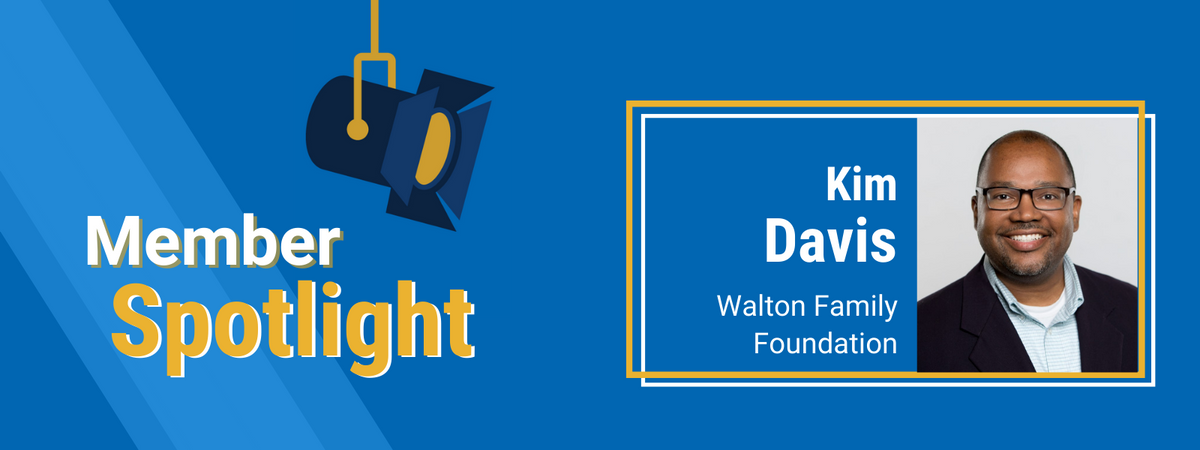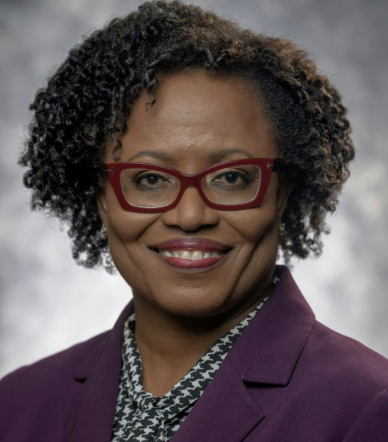 Meet our members! AFN’s greatest asset is our members—a diverse network of national, regional, and community-based foundations, financial institutions, and grantmakers—investing in advancing equitable wealth building and economic mobility. Check back each month and meet your peers!
Meet our members! AFN’s greatest asset is our members—a diverse network of national, regional, and community-based foundations, financial institutions, and grantmakers—investing in advancing equitable wealth building and economic mobility. Check back each month and meet your peers!
1: What is the mission of your organization and how is advancing equitable wealth building and economic mobility incorporated into the work?
The Walton Family Foundation focuses on making an impact that improves lives today. We seek out ideas from those closest to the problem – because they’re usually closest to finding effective, lasting and shared solutions.
2: What are some of the permanent pivots you have made as a result of the COVID-19 pandemic and the current moment emphasizing the critical need for strategies that provide a range of support to women and Black, Latinx, Indigenous and Asian people and communities?
The problems communities face today are more complex and interconnected than ever.
Today, we better understand the importance of cultivating new relationships before and during times of crisis – and believe even more strongly that those closest to the problem are in the best position to find solutions that can endure.
We are also more conscious now of the need to be adaptive in our regular grantmaking as grantees confront new challenges that have some of the characteristics of emergency, such as the end of federal relief funding and record-high inflation.
Above all, our experiences during COVID-19 have reinforced our commitment to collaboration and community-driven change.
s
3: What are some of the most significant gaps that you have identified that could help address economic equity?
In rural communities like the Arkansas and Mississippi Delta, there is an opportunity to transform the region by providing individual residents with the support they need to build and maintain economic assets in their communities, and in doing so, begin closing the region’s racial wealth gap.
That’s why it’s so important to help Delta residents work toward home and land ownership—crucial steps toward financial security and economic mobility for themselves and their families.
4: Thinking about your previous answer, what do you see as the biggest barriers or challenges for philanthropy to address these gaps?
Wealth gaps and class divides in rural communities like the Delta will not begin or end with home and land ownership initiatives. It will take a coalition of community leaders, organizations, and institutions working together to build a generation of prosperity.
s
5: Is there a question you would like to raise to your funder colleagues?
How can we collaborate? Our agendas and ideologies won’t always align, but our goals still can.
6: What is the last book you read?
Concrete Rose by Angie Thomas (https://angiethomas.com/concrete-rose/)
About Kim Davis, Senior Advisor; Delta Lead, Walton Family Foundation
Kim is a senior adviser for the Walton Family Foundation’s Home Region Program, leading the Foundation’s work in the Arkansas and Mississippi Delta.
The Walton Family Foundation tackles challenging social and environmental problems with urgency and a long-term approach to creating access to opportunity for people and communities.

